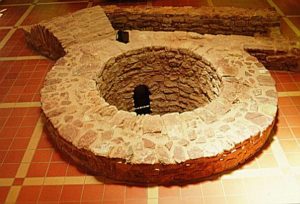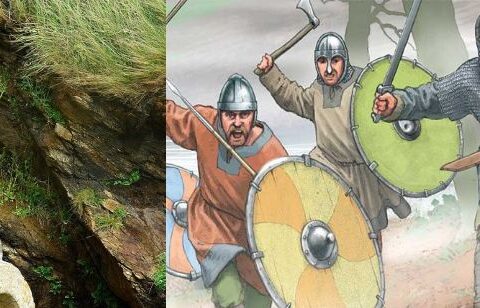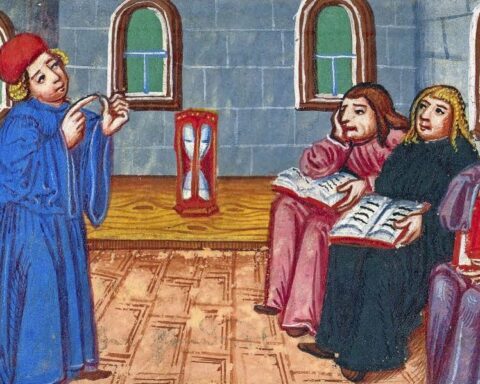I’m pretty sure this is not what Solomon meant:
[T]here are millions of people throughout history who have actually swallowed the idea of urine as medicine. It is often called urotherapy.
“Drink waters out of thine own cistern”
– Book of Proverbs
Given a choice between “a flagon most foul with rancid port” and drinking their own urine, most will probably choose the rancid port. Surprisingly though, many would not. The belief that urine has powerful healing properties existed even centuries before the Bible extolled its virtues.
Maybe I’m just a little skeptical of the benefits of recycling absolutely everything, but I’m pretty sure the Bible does not extoll the virtues of drinking your own urine. And while the proof text above is obviously poetic* rather than literal, the context is such that I think a lot of people who think** God wants them to drink their own urine are going to be surprised when it is interpreted properly.

The quote is from Proverbs 5, the first 14 verses of which are a plea to a son to avoid adultery. Verse 15 (the one noted above) begins a “counterpoint***” section, which concludes:
“Let thy fountain be blessed: and rejoice with the wife of thy youth. Let her be as the loving hind and pleasant roe; let her breasts satisfy thee at all times; and be thou ravished always with her love.” (vv 18-19, KJV).
Why God would drop an admonition to enjoy a frosty mug of Urinade in the middle of such a monologue remains unexplained****.
But that does not mean that there are no occasions in which the Bible mentions such an act as a possibility. In 701bc, the Assyrian army was besieging Jerusalem, and King Sennacherib sent one of his captains, a man named Rabshekah, up to negotiate the city’s surrender:
Then Eliakim [King Hezekiah’s messenger] … said to Rabshakeh, “Please speak in the Syrian language, because we understand it. Do not speak with us in the Jews’ language within the hearing of the people that are on the wall.”
But Rabshakeh replied, “Has my master sent me only to your master and you to give my message? He has sent me to the men who sit on the wall, that they may eat their own dung, and drink their own piss with you.”
Then Rabshakeh stood and cried with a loud voice in the Jews’ language, “Hear the word of the great king, the king of Assyria! This is what the king says, ‘Do not let Hezekiah deceive you, for he will not be able to deliver you out of my hand.'” (2 Kings 18:26-28)
Perhaps rather than threatening them with starvation if they did not surrender, the Assyrian commander was offering his intended victims medical advice…
* They could have made an even better case by including the rest of the verse: “…and running waters out of thine own well.”
** Obviously I’m using this word loosely.
*** Not as in “Maybe you should commit adultery after all” but as in “Point: Don’t chase hookers. Counterpoint: chase your wife.” It is a change of perspective, not one of direction.
**** Which is something of a shame, actually.










5
5
4